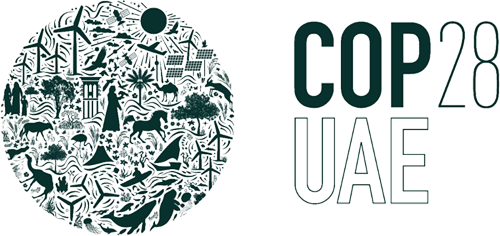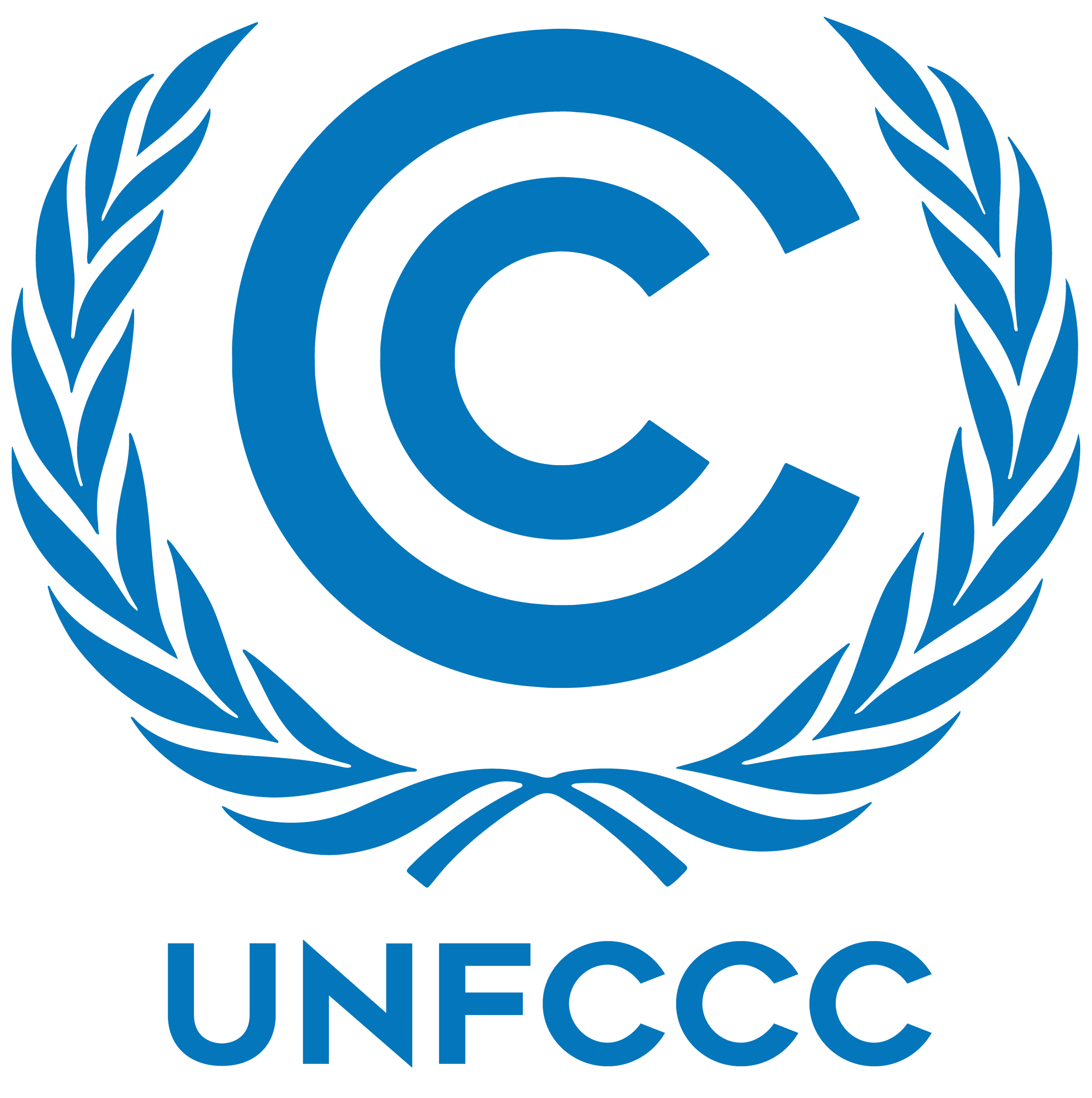“Who’s Gonna Save You” Photography by Stephen Hunter
30 Nov - 12 Dec 2023 | UN COP28 - United Arab Emirates
The United Nations Climate Change Conference, also known as COP28, came to a conclusion last week. The UN issued a press release stating that a significant agreement has been made, marking the beginning of the end of the fossil fuel era. The deal, as per the release, has set the groundwork for a swift, equitable, and impartial transition, backed by substantial reductions in emissions and a rise in financial investments.
In his closing speech at COP28, Simon Stiell, UN Climate Change Executive Secretary, stated,
“Whilst we didn’t turn the page on the fossil fuel era in Dubai, this outcome is the beginning of the end.”
Indigenous Peoples have been vital in leading the fight against climate change. During the 1992 United Nations Earth Summit in Rio de Janeiro, we emphasized that our values, knowledge, practices, and way of life are essential for preserving biodiversity, building resilience, and addressing ecocide and global warming. We stressed the crucial need for our inclusion in decision-making at the highest levels of the UN to safeguard the rights of Indigenous Peoples and Mother Earth and prevent global catastrophe. As of COP28, we have yet to be included in the decision-making — and their treaties and agreements have yet to be implemented.
Since its inception, there has been fierce criticism surrounding the Conference of the Parties (COP) for providing false solutions and failing to hold wealthy polluting countries accountable for their actions. Developed nations, such as the U.S., U.K., Canada, and E.U., became wealthy by burning fossil fuels and are still unwilling to take responsibility for their actions. Indigenous Peoples, disproportionately impacted communities, and developing countries are being left to face the consequences of the climate crisis. To prevent further climate chaos and avert an apocalyptic event, the international community must kick the fossil foolish habit, and world leaders must be held accountable.
COP28, commenced at Expo City, Dubai, on 30 November with a pressing demand for immediate action on climate change. Indigenous youth activist Pema Wangmo Lama Mugum, from the Mugum Indigenous Nations in Asia and the National Indigenous Women's Federation in Nepal, read a statement from the Indigenous Peoples' Caucus at the International Indigenous Peoples' Forum on Climate Change opening session at COP28. Pema read,
“Our inherent, distinct, internationally-recognized rights are affirmed in the UN Declaration on the Rights of Indigenous Peoples. We will not allow these rights to be diminished, undermined, combined, or confused in any way. We are committed to working with states to implement real solutions based on our knowledge, practices, time-tested sciences, reciprocity with the natural world and Mother Earth, and the full exercise of our rights. Our collective survival is at stake, and our children and future generations require immediate action.”
The Conference of the Parties (COP) is a group of United Nations member states that signed the Framework Convention on Climate Change (UNFCCC) in 1992 at the UN Earth Summit in Rio de Janeiro. The UNFCCC entered into force on 21 March 1994. The participating nations committed to preventing dangerous human-induced interference with the climate system and stabilizing greenhouse gases before levels reach the point of no return.
On 12 December 2015, 196 parties to the convention at COP21 in Paris, France, signed a legally binding international treaty on climate change, known as the Paris Agreement. The treaty became enforceable on 4 November 2016. Signatories to the Paris Agreement committed to limit the rise in average global temperature to 1.5°C above pre-industrial levels by 2050 to prevent a global disaster.
However, promises and agreements have been repeatedly made and broken since the onset of COP, despite the warnings from nature, Indigenous Peoples, our ancestors, and reports from the Intergovernmental Panel on Climate Change (IPCC) that greenhouse gas emissions must be halved by 2030 to achieve this objective.
The IPCC was established in 1988 as a United Nations body tasked with evaluating the science related to climate change. The IPCC conducts assessments of climate change science and produces comprehensive reports on the effects of climate change, future risks, and options for reducing the rate at which climate change is occurring.
Yet, for decades now, deadlines for the point of no return have been continuously pushed. According to the science from the IPCC, greenhouse gas emissions must reach their highest point before 2025 and then drop by 43% before 2030 to avoid global warming exceeding 1.5°C. The IPCC warns that exceeding this threshold could result in severe and devastating climate change impacts.
The most recent reports warn that the world will surpass the 1.5°C mark above pre-industrial levels by 2035 and face a 2.5°C global warming by 2100. These warnings are crucial since even a slight increase in global temperature can disrupt weather patterns with catastrophic consequences.
Thus far, in 2023, the hottest year on record, temperatures rose to 1.4°C above pre-industrial levels. As greenhouse gas emissions continue to push the global temperature higher, disastrous events will become stronger and more frequent.
While there are natural solutions to the climate crisis, the false solutions global lobby for bottom-line profits is vast and presents a conflict of interest.
As a collective, the International Indigenous Movement, our friends and allies, and the global community possess the power to effect positive change! Our collective strength lies in preserving Mother Earth's rights, the Rights of Indigenous Peoples, and holding United Nations member states accountable.
Today is not a rehearsal for tomorrow. In order to effectively address the issue of climate change, it is necessary to take action at both the local and global levels. We cannot simply rely on world leaders to solve this problem for us. Each action we take today has the potential to create a lasting impact on our future. The opportunity to create a better world for present and future generations is now!
Click on the links below to learn more and engage.





